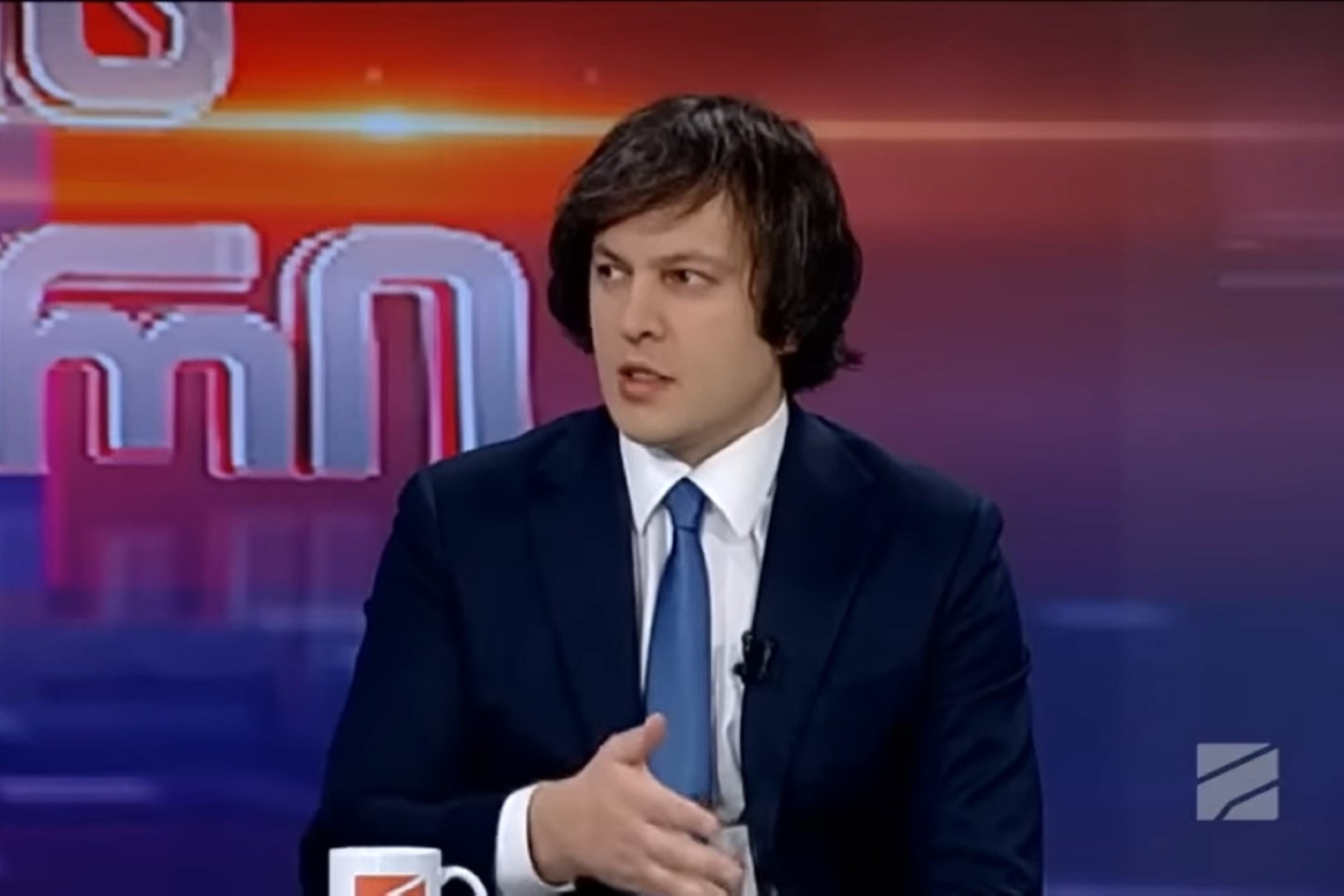
The chair of Georgia’s ruling party, Irakli Kobakhidze, has appeared to lend his support to a proposed foreign agent law, as the US State Department expressed concerns that the law would be used to ‘stigmatise and silence independent voices’.
The draft law was introduced on Tuesday by the anti-Western People’s Power group, a satellite group of the ruling Georgian Dream party and a member of the parliamentary majority.
If adopted, the law would require non-governmental organisations and media outlets that receive more than 20% of their revenue from abroad to register as ‘agents of foreign influence’ or face fines of up to ₾25,000 ($9,400).
Concerns have been raised both within Georgia and internationally that the law may precipitate a rapid decline in press and political freedom and may be used against those critical of the government.
[Read on OC Media: Foreign agent law to be submitted to Georgian Parliament]
While Georgia’s ruling party has not yet stated an official position on the draft law, several members of the party have expressed support for the bill.
The party’s chair, Irakli Kobakhidze, on Wednesday told Rustavi 2 that while the ruling party had not had a formal discussion on the subject, he did not see any issue with the law.
‘I, as a lawyer, will tell you that I reviewed this draft law that was introduced yesterday. I can tell you that it is essentially about transparency; if certain organisations receive funding from foreign sources, then this funding should be transparent. I don’t see any problem with transparency, quite to the contrary,’ he said.
Kobakhidze also stated that the use of the term ‘agent’ in the draft law was ‘an accepted term, meaning a conduit of interests’.
‘There is an insurance agent whose goal is to convince you to sign a contract with an insurance company, there is an agent in a bank, and there are agents in every field. [There is] a national public registry agency [and it] does not mean that it works for agents,’ Kobakhidze added. ‘Everyone knows that agent does not mean a spy.’
On Wednesday, People’s Power told OC Media that the bill would be presented to Parliament at the next session of the Parliamentary Bureau.
‘Based on Russian legislation’
The US Department of State and the country’s embassy in Georgia strongly condemned the draft law, as local and international groups have raised fears it would be used to penalise media and civil society organisations.
People’s Power stated that their draft bill was created following Western models, including the US’s FARA law, which requires individuals and organisations lobbying the US government to disclose any foreign funding.
However, at a press briefing on Wednesday, US State Department spokesperson Ned Price said that comparisons of the bill to American laws were ‘patently false’ and that ‘in fact, this draft legislation appears to be based on similar Russian and Hungarian legislation, not on FARA or any other American legislation’.
Price said the US was ‘deeply concerned’ by the law.
‘The proposed law would stigmatise and silence independent voices and citizens of Georgia who are dedicated to building a better future for their own communities’, he said. ‘We believe such a law could potentially undermine Georgia’s Euro-Atlantic integration’.
Prior to the introduction of Russia’s foreign agent law, which is now used to police freedom of speech, hobble opposition organisations, and suppress criticism, Russian officials similarly claimed that the law was based on the US’s FARA law.
Andrius Kubilius, a member of the EU Parliament’s Foreign Affairs Committee and a former prime minister of Lithuania, also compared the move to Russia’s foreign agent law.
‘Russia [implemented the law] to crack down on dissent and critical voices’, Kubilius told OC Media. ‘We all know how it ends for Russians.’
Kubilius and others also warned that the proposal was likely to severely damage Georgia’s prospects of gaining EU candidacy status.
He added that the Georgian government themselves received foreign funding.
‘Does this initiative mean that Georgian authorities will not want EU financial support for its civil society, which is so vibrant in Georgia? But what about the Georgian authorities receiving the EU support and funds themselves, will they also declare they are foreign agents?’ he said.
Kubilius concluded that he hoped the draft law would be immediately withdrawn.









